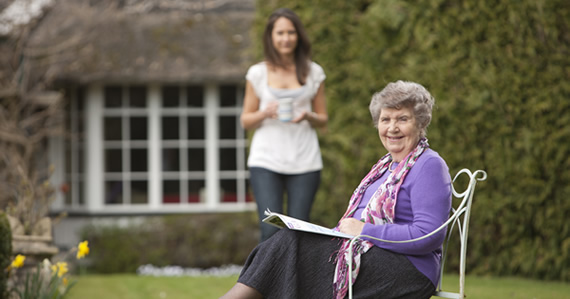Dr Rekha Elaswarapu is a renowned expert on older person issues. A senior policy advisor to government, she is a published author who writes regularly on dignity and privacy, nutrition and hydration and user engagement. She is also acts in an advisory capacity to Helping Hands, giving guidance on sharing her expertise on a range of issues which affect older people.
Dr Rekha shares her thoughts about the importance of hydration for older people:
“Last week I attended the meeting of the National Hydration Forum at the House of Lords. The forum is chaired by Baroness Sally Greengross, a crossbench peer and member of many national organisations and charities which promote the importance of hydration for older people.
The forum was set up to discuss and promote hydration issues for older people in all care settings. At the recent meeting we discussed the findings of a report into care homes, which found serious short comings in the care of elderly regarding their hydration needs.
The consensus of the meeting was that there needed to be a national action plan to cover hydration. The plan would cover aspects such as: awareness, appropriate screening and management of care plan, training staff on hydration issues, access to good practice guidance and focus on hydration in regulation and inspection are addressed. Lack of hydration for older people is a very serious issue and often leads to consequences such as urinary tract infections, confusion, skin problems and may in serious cases affect the kidneys.
Attention to hydration and early intervention can avoid resulting problems and avoidable hospital admissions. The group urged the members to promote hydration in their respective fields and ensure that older people in any care settings, including in their own homes, are encouraged to drink sufficiently.
Some older people may need help with drinking due to their other physical conditions such as arthritis or swallowing difficulties in which cases a little extra attention is needed. Live-in carers can play an important role in facilitating hydration for older people they care for and pick up early signs of dehydration thus avoiding serious and lasting consequences of dehydration.
I will be reporting more on this as the plan develops so watch this space.”

